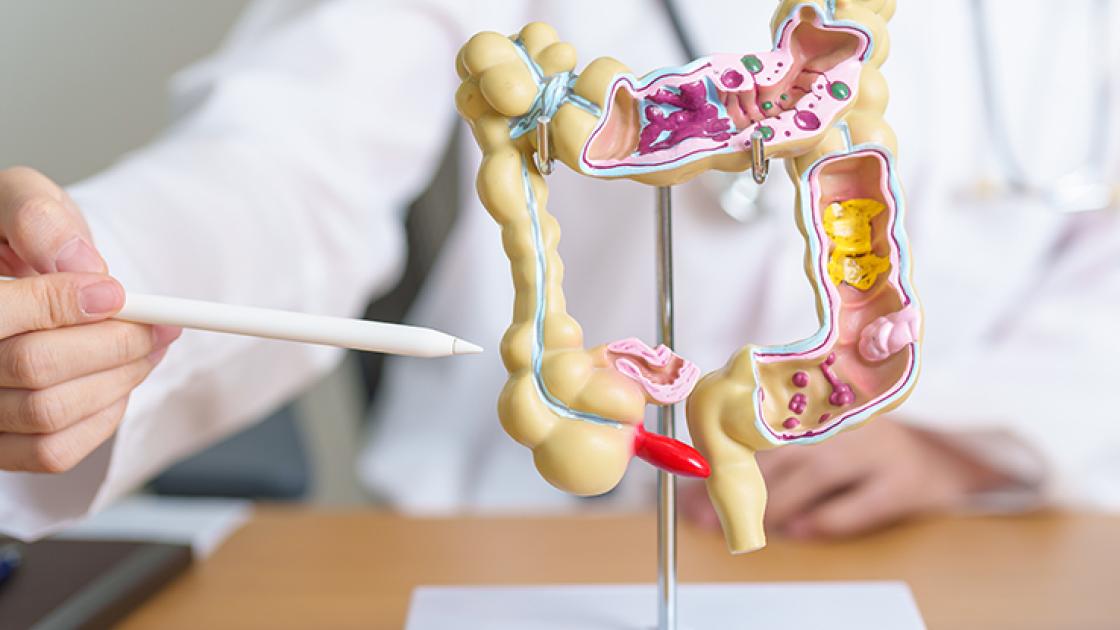
How to tell if it’s a urinary tract infection
A urinary tract infection (UTI) is a common health problem among women—about 1 out of every 5 women will develop at least one in her lifetime. UTI typically refers to a bacterial infection within any part of a woman's urinary system, including the kidneys, ureters, bladder and urethra.
While people might be embarrassed to talk about UTIs, it's important to know how they happen, how to recognize them and how to treat and prevent them. Let's learn more.
Why are UTIs more common in women?
Anyone can be affected by a UTI, including men, women, older adults and children. But women experience UTIs more often than other groups of people, primarily because of their anatomy. Compared to biological males, biological females have shorter urethras (the tubes that carry urine out of the body) that sit closer to the anus, which is a common site of bacteria such as E. coli.
Other female-specific risk factors that increase the likelihood of UTIs include the use of certain types of birth control, menopause, and sexual activity, especially with a new partner. (Note: UTIs are not considered sexually transmitted infections.)
Women who get UTIs may also have other risk factors that are common to all groups of people, including:
- A recent urinary procedure
- Temporary or chronic use of a urinary catheter
- Structural abnormalities or blockages within the urinary tract
- Diseases associated with lowered immune function, including diabetes
How to tell if you have a UTI
Not all urinary tract infections look and feel the same, but there are common UTI signs and symptoms that many women notice. These include:
- Strong or foul-smelling urine
- Urine that looks cloudy
- Urine that looks red, bright pink or cola-colored (this usually indicates blood in the urine)
- Feeling like you need to urinate frequently
- Passing only small amounts of urine
- A burning/itching sensation during urination
- Pain in the pelvis area or around the pubic bone
- Unusual discharge
More severe UTIs affecting the kidneys may present with more serious and systemic (body-wide) symptoms, including back pain or flank pain, high fever, chills, nausea and vomiting.
What to do if you think you have a UTI
Mild urinary tract infections affecting the lower part of a woman's urinary system may heal on their own. However, untreated UTIs can lead to serious and even life-threatening complications, including kidney damage, low birthweight babies and sepsis.
If you experience any signs or symptoms of a UTI, call your health care provider right away—especially if you are pregnant. Your doctor can confirm a diagnosis and may prescribe medication like antibiotics that can help your body clear the infection. If you're struggling with pelvic pain or intense burning while you pee, your doctor may also prescribe pain medication to help you feel more comfortable as you get better. Over-the-counter Azo can be used for two days to help with symptoms of a UTI but you may still require antibiotics.
You can also help yourself recover from a UTI, and prevent future UTIs, by practicing healthy urinary habits, such as:
- Drink plenty of water, which helps dilute your urine and flush away any bacteria. (Does cranberry juice help prevent UTIs? Research isn't conclusive, but it's not likely to cause harm if you choose to drink it.)
- Always wipe from front to back after going to the bathroom (both number one and number two). This helps prevent bacteria from spreading from the anus into the urethra.
- Avoid feminine products that can irritate your genital area, including vaginal douches, fragranced body soaps and deodorant sprays.
- Avoid any social media advice until discussed with a health care provider.
- Consider changing your birth control methods if you use diaphragms or spermicide-treated condoms, which may increase the risk of UTIs.
- After having sex, drink a full glass of water and empty your bladder as soon as you can to help flush out any bacteria.
- Don't stay in wet clothing, such as sweaty workout clothes and bathing suits, any longer than necessary. Change into dry clothes quickly.
Are you concerned about UTI symptoms?
UTIs are usually mild, but you should speak to a doctor if you believe you're experiencing UTI signs and symptoms. To connect with a health care provider in your area, visit siumed.org/doctor.




